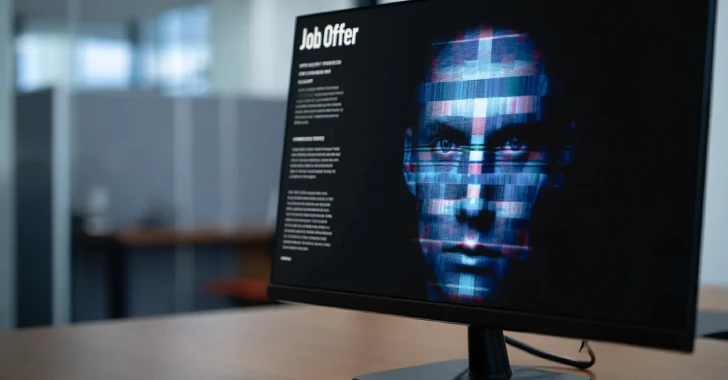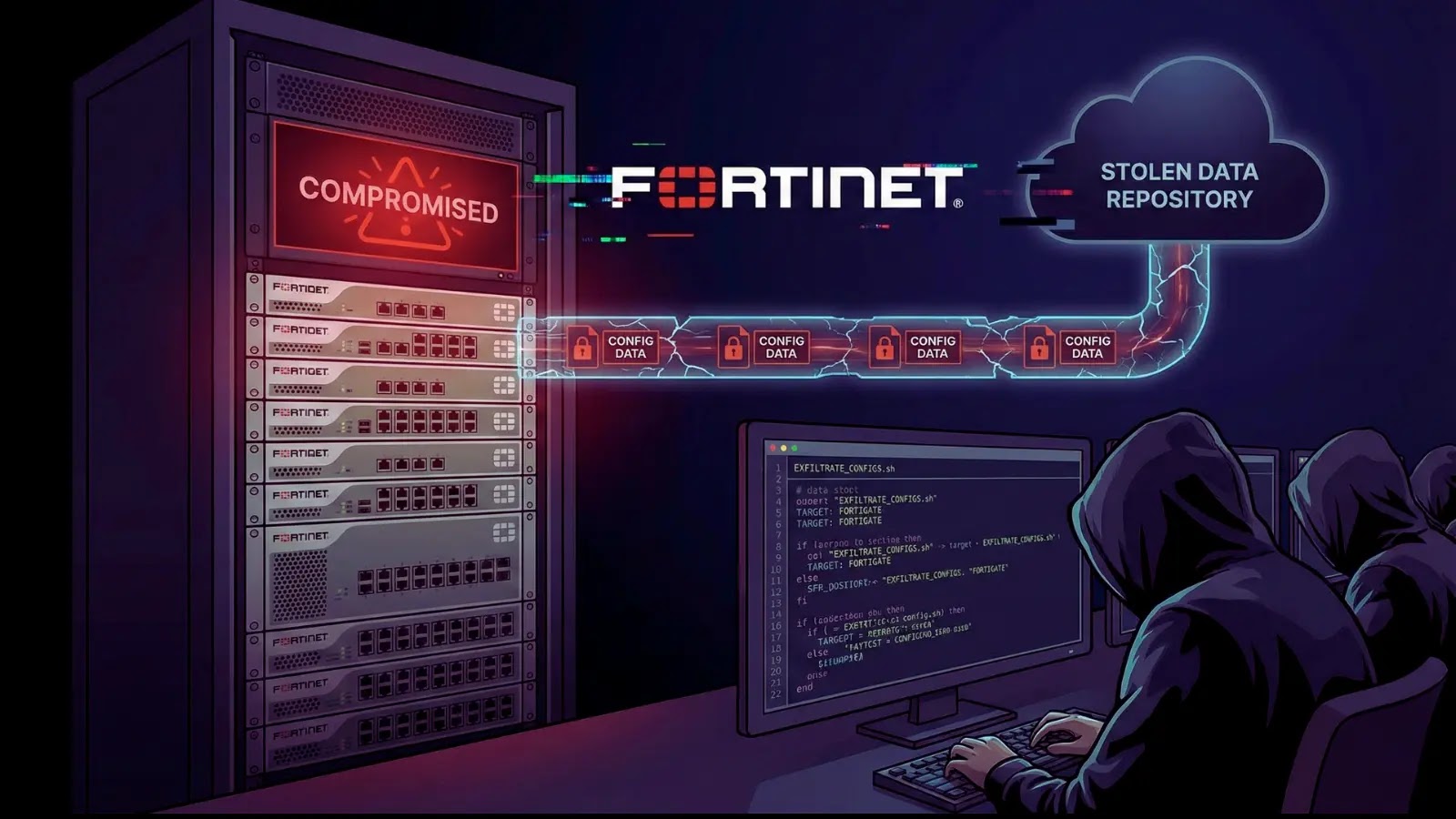In October 2024, a sophisticated cyber espionage campaign attributed to the Iran-aligned threat actor UNC2428 targeted individuals in Israel’s defense sector. The operation employed a deceptive job recruitment scheme to deliver a backdoor malware known as MURKYTOUR, aiming to establish persistent access to compromised systems.
Deceptive Recruitment Tactics
UNC2428 orchestrated a social engineering campaign by impersonating Rafael Advanced Defense Systems, a prominent Israeli defense contractor. The attackers reached out to potential victims with enticing job offers, directing them to a counterfeit Rafael website. This site prompted users to download an application tool named RafaelConnect.exe, purportedly to facilitate the job application process.
Malware Deployment Mechanism
Upon execution, RafaelConnect.exe functioned as an installer called LONEFLEET, presenting a graphical user interface (GUI) that appeared legitimate. Victims were prompted to enter personal information and upload their resumes. Simultaneously, the installer covertly deployed the MURKYTOUR backdoor in the background. This backdoor was activated by a launcher referred to as LEAFPILE, granting the attackers continuous access to the infected machines.
Strategic Use of GUIs in Malware
The incorporation of a GUI in the malware installation process was a deliberate strategy to reduce suspicion among targets. By mimicking legitimate application processes, the attackers aimed to deceive users into believing they were engaging with authentic software, thereby facilitating the undetected execution of malicious code.
Connections to Previous Iranian Cyber Activities
The tactics employed in this campaign bear similarities to previous operations attributed to Iranian threat actors. For instance, the Israel National Cyber Directorate has linked similar activities to a group known as Black Shadow, believed to operate under the Iranian Ministry of Intelligence and Security (MOIS). Black Shadow has a history of targeting various sectors in Israel, including academia, tourism, communications, finance, transportation, healthcare, government, and technology.
Broader Context of Iranian Cyber Operations
UNC2428 is among several Iranian-affiliated cyber groups that intensified their focus on Israeli targets throughout 2024. Another notable group, Cyber Toufan, launched attacks using a proprietary wiper malware named POKYBLIGHT. Additionally, UNC3313, associated with the MuddyWater group, conducted surveillance and information-gathering operations through spear-phishing campaigns, distributing malware such as the JELLYBEAN dropper and CANDYBOX backdoor.
Implications and Recommendations
The increasing sophistication of these cyber espionage campaigns underscores the need for heightened vigilance within the Israeli defense sector and related industries. Organizations are advised to implement comprehensive cybersecurity measures, including:
– Employee Training: Educate staff on recognizing and responding to social engineering tactics, particularly those involving job recruitment scenarios.
– Email Filtering: Deploy advanced email filtering solutions to detect and block phishing attempts.
– Software Verification: Establish protocols for verifying the authenticity of software and applications before installation.
– Network Monitoring: Continuously monitor network activity for signs of unauthorized access or data exfiltration.
– Incident Response Planning: Develop and regularly update incident response plans to swiftly address potential breaches.
By adopting these proactive measures, organizations can enhance their resilience against the evolving threat landscape posed by state-sponsored cyber actors.



